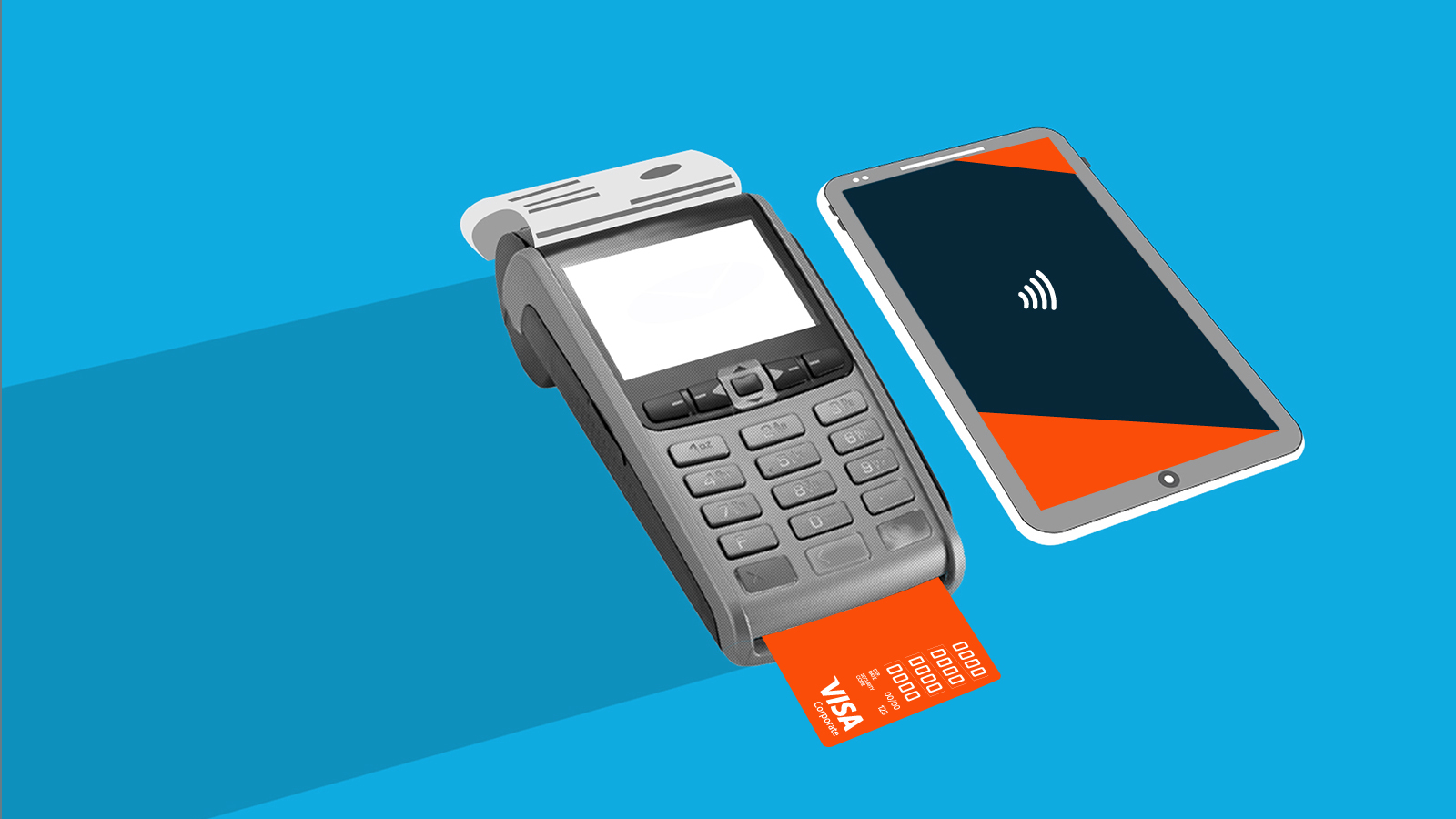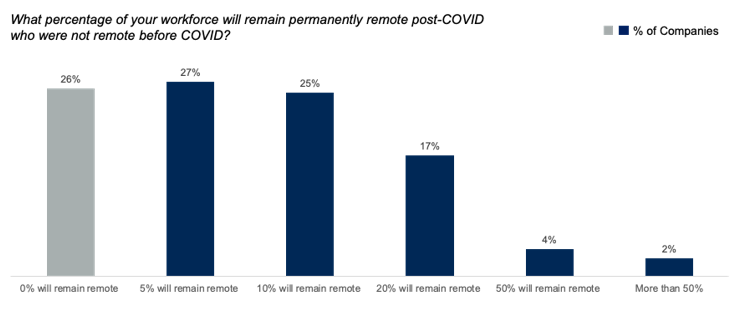If there’s one takeaway we’ve learnt from the last couple of years, it’s the value of staying agile. Unfortunately, we’ve seen many businesses close from their inability to adapt to the changes in their environment.
As finance teams begin to make plans for their year ahead, what should they look out for? We’ve identified five must-know trends for organisations.




